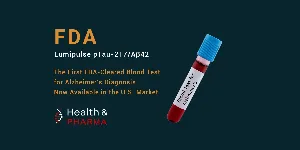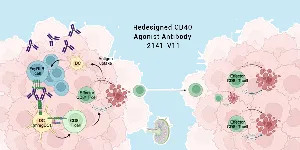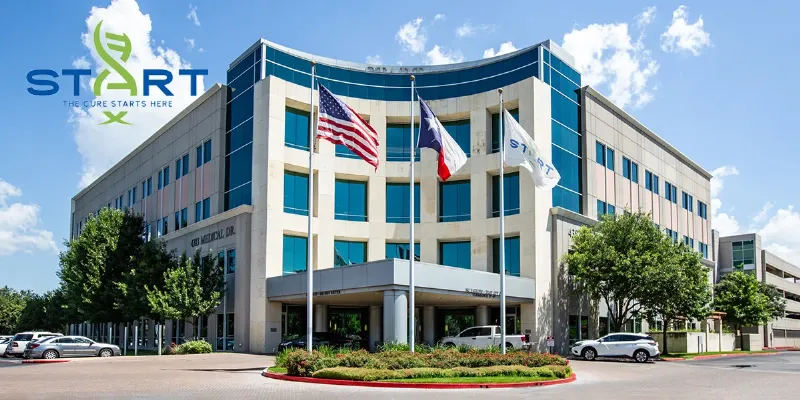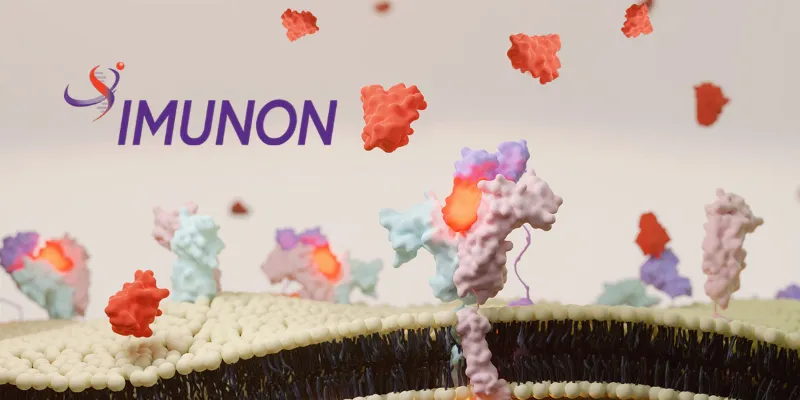Anthos' Blood Thinner Abelacimab Outperforms Rivals in Safety by 67% in AF Patients


Clinical Trials |
14 November 2023
In a significant development in anticoagulation therapy, abelacimab has demonstrated promising results by reducing bleeding risks in patients with atrial fibrillation by 67%. Presented at the American Heart Association's meeting, this novel treatment has outperformed the widely used blood thinner, Xarelto, in a pivotal study, bringing new hope for safer anticoagulant options.
This groundbreaking advance offers safer anticoagulation, potentially transforming treatment for millions at risk of stroke and heart-related complications.
Abelacimab's Superior Performance
Anthos Therapeutics' novel blood thinner, abelacimab, significantly outperformed the commonly used Xarelto in reducing bleeding risks in atrial fibrillation patients. Showcased in the AZALEA-TIMI 71 study, abelacimab, a Factor XI inhibitor, demonstrated a 67% reduction in major or clinically relevant non-major bleeding, compared to Xarelto (rivaroxaban). A notable finding was a 93% reduction in gastrointestinal bleeding, a common concern with existing anticoagulants.
This landmark trial, the largest and longest of its kind to date, involved 1,287 patients over 21 months and more than 2,000 patient-years. The results were compelling enough for the Data Monitoring Committee to recommend stopping the study early due to abelacimab's significantly greater efficacy.
“With a substantial 67% lower risk of bleeding for the combined primary endpoint of major or clinically relevant non-major bleeding, these ground-breaking results not only support the superior safety of abelacimab as compared with a commonly used DOAC, but also strongly supports the promise of Factor XI inhibition as a paradigm-shifting treatment approach,” said Christian T. Ruff, MD, MPH, Principal Investigator, AZALEA-TIMI 71.
Reducing Gastrointestinal Bleeding
A notable finding was a 93% reduction in gastrointestinal bleeding, a common concern with existing anticoagulants. The drug's dual-action mechanism provides near-complete inhibition of Factor XI and its active form, Factor XIa, offering continuous protection against blood clots while minimizing bleeding risks.

The Edge over Existing Therapies
Direct oral anticoagulants like Xarelto and Eliquis have replaced warfarin as the preferred choice for preventing stroke and clotting. However, their associated bleeding risks render them unsuitable for some patients. Abelacimab, as a monoclonal antibody, offers a unique advantage. Administered via subcutaneous injection once a month, it does not require dose adjustments based on renal or hepatic status and has no known drug-drug interactions.
A New Era in Anticoagulation
The development of Factor XI inhibitors like abelacimab is a significant stride forward. Notably, Anthos Therapeutics, alongside other major pharmaceutical companies like Bristol Myers Squibb and Bayer, is focusing on this new class of anticoagulants. Abelacimab's impressive performance in clinical trials supports its potential as a game-changing treatment for atrial fibrillation, a condition affecting millions worldwide.
Anthos Therapeutics has initiated an extension study, allowing patients to transition from rivaroxaban to abelacimab. This move is a testament to the drug's superior safety profile and its potential to address the clinical challenges faced by patients currently reliant on DOACs.
Concluding Thoughts
The results of these studies mark a turning point in anticoagulation therapy. With its promising safety profile and ease of use, abelacimab could revolutionize treatment for those at risk of stroke and clotting due to atrial fibrillation. As we await further developments and regulatory approvals, the medical community looks forward to the possibility of offering patients a safer, more effective anticoagulant option.
Disclaimer: This article is for informational purposes only and is not a substitute for professional medical advice, diagnosis, or treatment. Always seek the advice of your physician or other qualified health provider with any questions you may have regarding a medical condition.

About Abelacimab
Abelacimab is a groundbreaking, fully human monoclonal antibody, uniquely designed to lock Factor XI in an inactive state. This innovative approach results in the dual inhibition of Factor XI and its activated form, Factor XIa. For patients with atrial fibrillation, abelacimab is intended for subcutaneous monthly dosing to ensure almost complete, sustained inhibition. Additionally, for immediate effect in acute cases, it begins with an intravenous infusion followed by regular subcutaneous injections. Abelacimab stands out as the sole Factor XI inhibitor in research for both arterial and venous thromboembolic event prevention and treatment. Clinical studies underscore its efficacy. A PK/PD study showed that intravenous abelacimab rapidly suppresses Factor XI, maintaining near-maximal inhibition for up to 30 days. A 2021 Phase 2 study, published in the New England Journal of Medicine, revealed that a single intravenous dose post-knee surgery reduced venous thromboembolism by 80% within 10 days compared to enoxaparin. This form of Factor XI inhibition is seen as a promising approach to hemostasis-sparing anticoagulation. In 2022, the FDA granted Abelacimab Fast Track Designation for treating thrombosis in cancer patients and preventing stroke and systemic embolism in atrial fibrillation patients. However, abelacimab remains an investigational drug, not yet approved for any indication globally.











Comments
No Comments Yet!